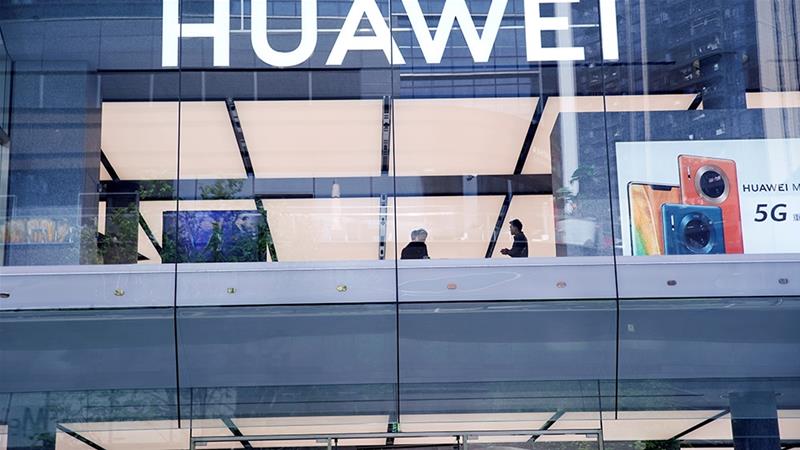The United States Department of Commerce has put on hold a rule aimed at further reducing sales to China's Huawei Technologies amid pushback from the US Department of Defense, people familiar with the matter said.
The move leaves the proposal in jeopardy, but US President Donald Trump's administration plans a high-level meeting next week to discuss the issue, one of the sources said, adding that the Pentagon cited concerns about the impact on US businesses.
The Commerce Department did not immediately comment, and Huawei declined to comment.
The Commerce Department in May placed Huawei on a trade blacklist, citing national security concerns. That allowed the US government to restrict sales of US-made goods to the company and a small number of items made abroad that contain US technology.
Under current regulations, key foreign supply chains remain beyond the reach of US authorities, fuelling frustration among China hawks within the administration, and a push to expand US authority to block more shipments to Huawei.
Reuters reported in November that the Commerce Department was considering broadening the rule that dictates how much US content in a foreign-made product gives the US government authority to regulate sales.
Under current regulations, the US can require a licence or block the export of many high-tech products shipped to China from other countries if US-made components make up more than 25 percent of the value.
According to two people familiar with the matter, the Commerce Department has drafted a rule that would lower the threshold only on exports to Huawei to 10 percent and expand the purview to include non-technical goods such as consumer electronics, including non-sensitive chips.
US businesses argue that enabling the government to regulate more sales to Huawei, including low-tech items made overseas with very little US technology, would end up needlessly hurting US companies while encouraging Huawei to source more goods abroad.
SOURCE: Reuters news agency

